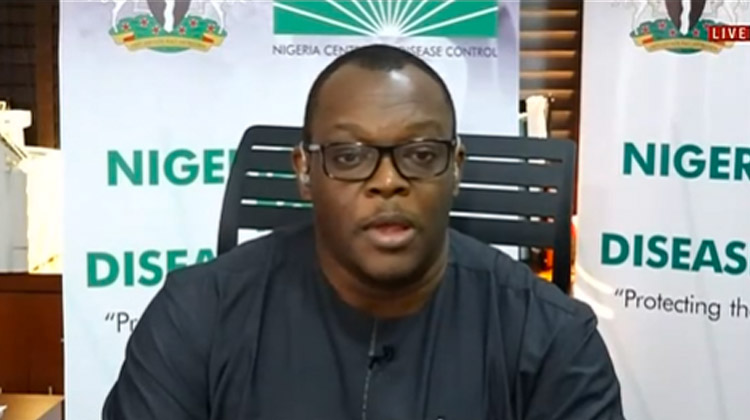Dr. Ifedayo Adetifa, the Director General of the Nigeria Centre for Disease Control and Prevention (NCDC), has urged for heightened allocation of domestic funds to preempt, identify, and respond to public health threats within the nation.
This appeal was made during the second Joint External Evaluation for the Core Capacities of the International Health Regulations, convened in Abuja on Monday.
Dr. Adetifa underscored that dedicated financial support for the implementation of health security measures would amplify the nation’s ability to address public health crises effectively.
The Joint External Evaluation (JEE) constitutes a voluntary multisectoral process, forming a component of the International Health Regulations’ monitoring and evaluation framework. This process encompasses the collective evaluation of a country’s preparedness and response capabilities across 19 technical domains, guided by relevant Ministries, Departments, and Agencies.
Nigeria conducted its inaugural JEE in 2017.
In his remarks at the event, Dr. Adetifa emphasized, “Health must be given precedence. Health entails more than just capital projects such as buildings and infrastructure. It encompasses human capital, equipment, training, and robust systems. Once political leadership is geared towards prioritizing health, increased funding will naturally follow.”
He expressed optimism that certain state governments are already directing a significant portion of their budgets towards healthcare. His expectation is that this trend will expand across more states and extend to the national level, given the health-oriented agenda initiated by the new government led by President Bola Ahmed Tinubu.
Mary Boyd, the Country Director of the United States Centers for Disease Control and Prevention, stressed the imperative of enhancing countries’ capacities to anticipate, identify, and swiftly manage public health crises. She lauded Nigeria for undertaking the JEE process and championing a collaborative approach to bolster health security.
Dr. Henk Jan Ormel, the Senior Adviser of the World Health Organization Global JEE Secretariat, emphasized the vital role of health security in curtailing disease outbreaks. He clarified that the JEE process is devised to evaluate countries’ capabilities to counteract public health threats and ascertain critical gaps in health security, utilizing a multisectoral strategy.
Dr. Ormel underlined that the JEE is not an audit or inspection but rather a comprehensive assessment aiming to determine priority actions and scores based on accessible data.




